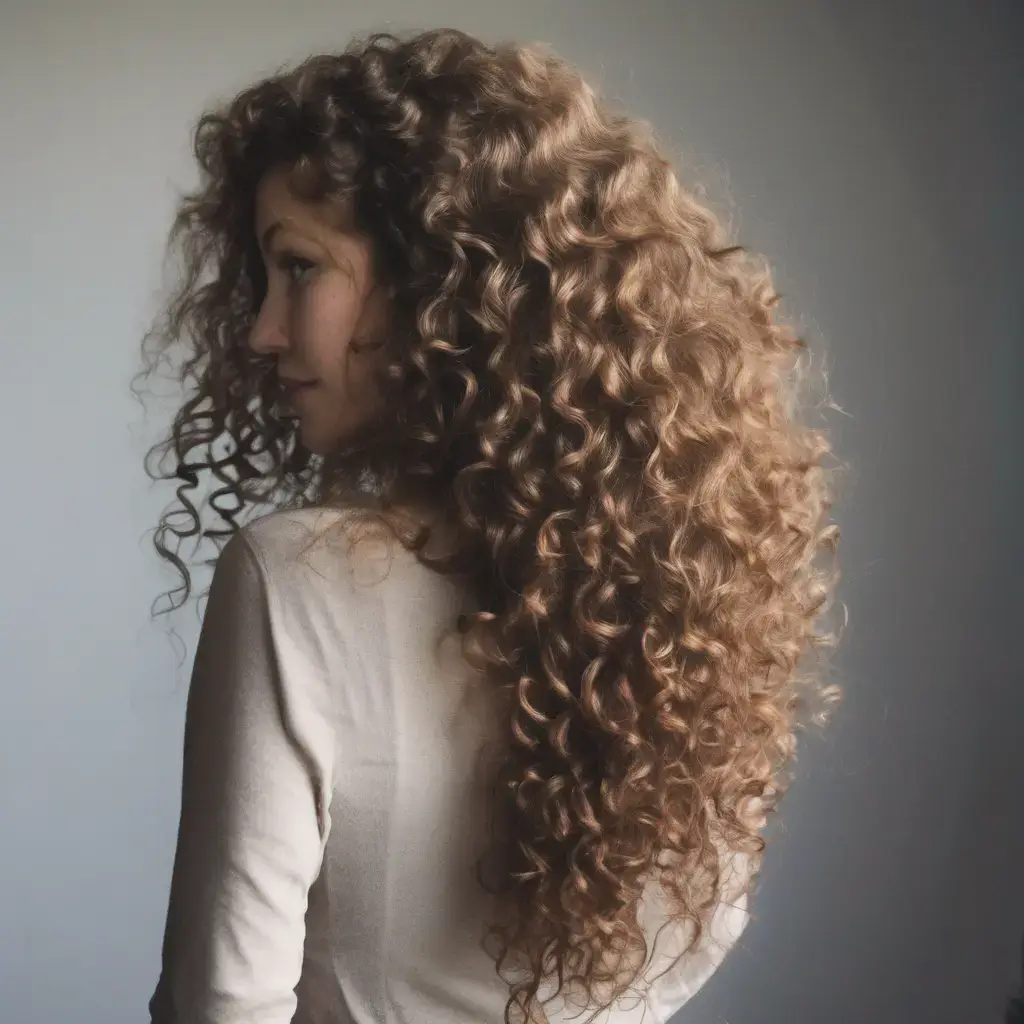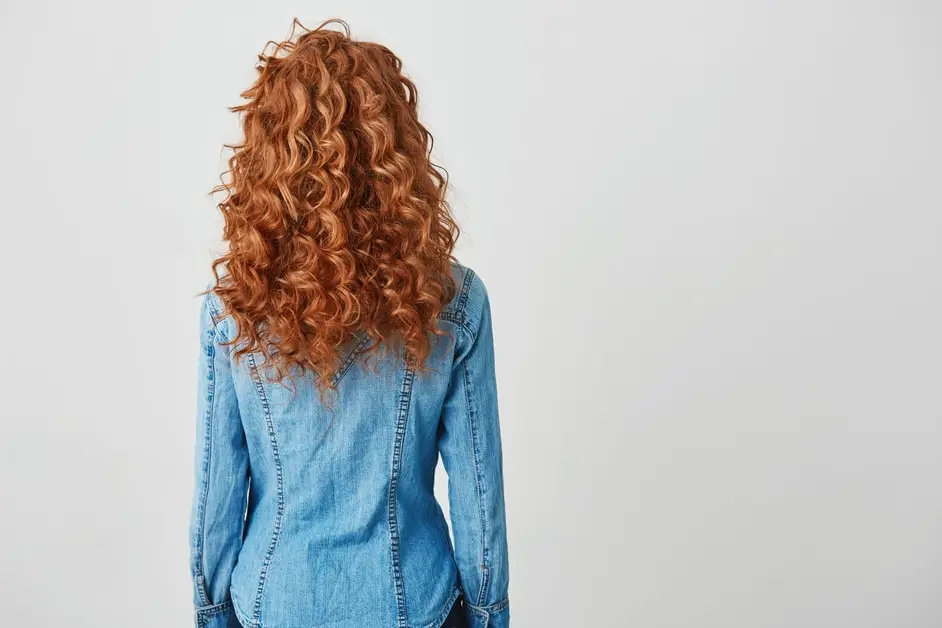
Frizzy curly hair is a common challenge faced by many individuals with curly or wavy hair textures. It can be frustrating to deal with, but with a better understanding of the causes and effective solutions, you can tame the frizz and enjoy beautifully defined curls.
Frizzy curly hair can be a source of frustration for many individuals, but understanding the underlying causes of frizz is the first step towards effectively managing and taming unruly curls. In this article, we’ll explore the various factors that contribute to frizz in curly hair and provide practical tips and best practices to manage and prevent it.
The Nature Of Curly Hair
Curly hair, by its very nature, is more prone to frizz. The structure of curly hair creates twists and turns that can make it difficult for natural oils from the scalp to travel down the hair shaft. This lack of oil can lead to dryness, creating a rough hair texture that we often refer to as frizz. A tool like the curled brush can be a game changer in this situation. The curved shape of the brush moves with your curls, helping to distribute oils from your scalp to the ends of your hair, which can keep your curls hydrated and decrease the likelihood of frizz.
Causes Of Frizzy Curly Hair
Moisture Imbalance
One of the primary causes of frizz in curly hair is a moisture imbalance. Curly hair tends to be naturally drier than straight hair because the natural oils produced by the scalp have a harder time traveling down the curly hair shaft. This dryness can lead to the hair cuticle becoming raised, allowing moisture from the air to enter and causing the hair strands to swell and frizz.
Sulfates And Alcohol:
Harsh ingredients like sulfates (Sodium Laureth Sulfate, Sodium Lauryl Sulfate) found in many shampoos can strip away the hair’s natural oils, leading to dryness and frizz. Similarly, alcohol in styling products can evaporate quickly, leaving the hair cuticle open and susceptible to frizz.
Rough Handling And Drying Techniques:
Using rough terrycloth towels to dry curly hair can cause friction and raise the hair cuticle, contributing to frizz. Additionally, using high heat settings on hairdryers or keeping the heat focused on one spot for too long can lead to dryness and frizz.
Lack of Moisturizing And Deep Conditioning:
Failure to moisturize curly hair adequately and provide regular deep conditioning treatments can result in dry, brittle hair that is prone to frizz and breakage.
Solutions And Best Practices
Use Moisturizing Hair Care Products:
Choose sulfate-free shampoos and conditioners that are specifically formulated for curly hair. Look for products containing hydrating ingredients like shea butter, coconut oil, and glycerin to help maintain moisture balance in your curls.
Avoid Products With Alcohol:
Opt for styling products that are alcohol-free or contain low levels of alcohol to prevent excessive drying of the hair cuticle.
Gentle Drying Techniques:
Instead of rough terrycloth towels, use a soft cotton t-shirt or microfiber towel to gently blot excess water from your hair. Avoid using high heat settings on your hairdryer and keep the airflow moving to prevent overheating.
Regular Conditioning And Deep Conditioning:
Condition your hair every time you wash it, focusing on distributing the conditioner evenly throughout your curls. Incorporate deep conditioning treatments into your routine once a week or as needed to provide extra moisture and nourishment to your hair.
Sealing Oils For High Porosity Hair:
If you have naturally high porosity hair, consider using sealing oils such as jojoba oil to help your hair retain moisture between washes and treatments.
Frizzy curly hair can be managed effectively by addressing the underlying causes and adopting proper hair care practices. By using moisturizing products, avoiding harsh ingredients, practising gentle drying techniques, and providing regular conditioning and deep conditioning treatments, you can keep your curls hydrated, healthy, and frizz-free. Embrace your natural curls and follow these tips to achieve beautifully defined, manageable hair every day.


